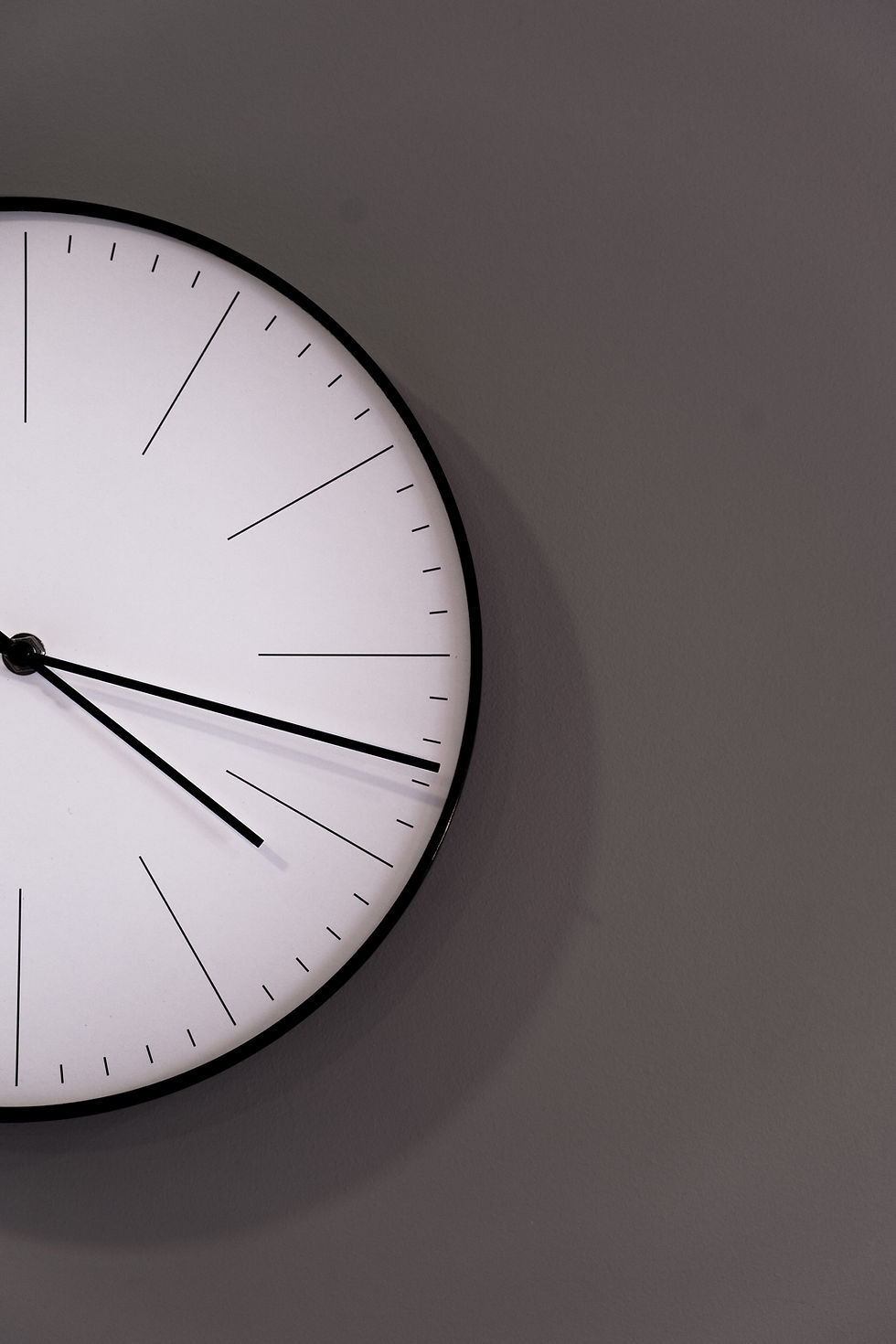The aid given by the government is short term, but Covid-19 will not linger for just a few months bu
- myempower

- May 4, 2020
- 3 min read

We spoke to Nadiah from Klima Action Malaysia (KAMY), a grassroots climate movement for climate justice in Malaysia to find out the work she has done lately in helping the Orang Asli communities during this pandemic.
Please tell us a little about the work you are undertaking and why this is important?
My name is Nadiah, I am the chairperson of Klima Action Malaysia (KAMY). KAMY is a youth organization focusing on climate change issues by empowering the frontline communities such as Orang Asli (OA) and university students. Currently, we have an initiative- MisiBantuOA together with Persatuan Aktivis Sahabat Alam (KUASA), Shaq Koyok and GERIMIS project to provide food essentials and medicine to the OA communities in Perak, Pahang and Kuala Selangor. MisiBantuOA started when I received information from some OA communities that we worked with requesting for masks, so we also started to raise funds. Slowly, there are more OA communities requesting for assistance. Therefore, we decided to step up to help the OA communities through fundraising. Our target is RM80,000 to purchase food essential and medicine to OA communities.
OA communities have been the frontliners in defending environmental rights such as rights to land, and they are also one of the most vulnerable groups that are impacted by climate change. This Covid-19 pandemic has even worsened the situation they are facing. Especially in the communities that have lost their ancestral land, they are not able to cultivate cash crops, handicrafts that were made are unable to be sold, these eventually affect their food security and livelihood. I think we all have the moral responsibility to use our capacity and capability to help the OA communities.
What role has the government played/failed to play?
Malaysia is massively unprepared to face this unprecedented situation. It is disappointing that the current government is lacking communication and coordination in handling this pandemic. The Standard Operating Procedures (SOP) keeps changing and there is a lack of clear instruction as government agencies were not informed by certain decisions as well as failed in public engagement and consultation. This has caused distress among the public. I am shocked because the SOP changes everyday due to lack of communication and leadership during this period. This is problematic.
“The aid given by the government is short term, but the effect of Covid-19 will not only be lingered by these few months but for the next few years as well. We need to have long-term solutions.”
What would you like to see happen in the new future?
I hope there will be a change in how the system works and the relationship between the public and the government. A massive overhaul is needed in managing the crisis. I also hope this pandemic helps to cultivate solidarity despite our differences, we can work together. When people work together, sometimes we can plan far better than the government. “People are helping each other; this is people’s power.”
What kind of support do you need for this work? What has been the impact so far (number of people helped, etc)?
In MisiBantuOA, we are supporting 470 families which is approximately 2000 people of OA communities from Perak, Pahang and Selangor. Our fundraising target is RM80,000 currently to purchase food essential and medical items for them. We hope we able to get supplier to support and secure these items for MisiBantuOA:
Does this have a gendered element? Does it impact women differently from men?
This pandemic is affecting women and men differently. Women are also facing difficulties in accessing healthcare and basic hygiene products such as baby milk powder, pampers, sanitary pads that eventually affected the women and children.
OA women weavers rely on handicraft as their main sources of income and are facing difficulties to get sellers to buy the handicraft. This causes loss of income among the women weavers, and they have to depend on their partner to secure their livelihood. It might add on the burden for men to look for food resources. This might change the power dynamic of the household.
To learn more about Klima Action Malaysia (KAMY), click here





Comments